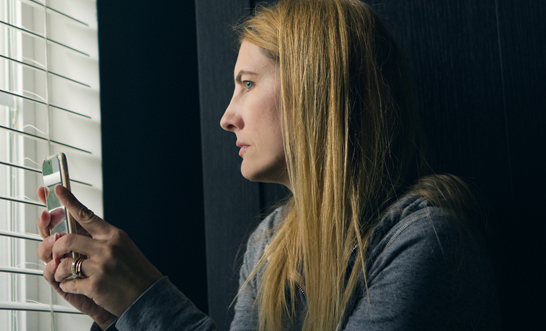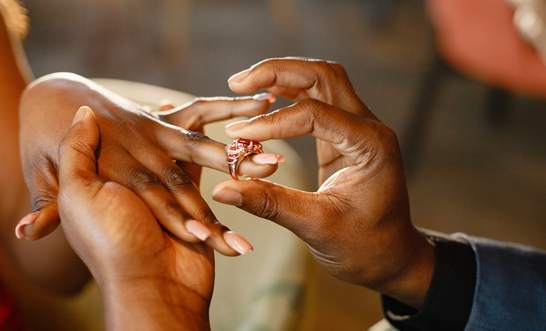Blog

My ex has a new partner. How does this affect property settlement?
Going through a separation is already challenging but it can become more complicated if your ex meets a new partner, especially when it relates to property settlement.
Read more

How digital assets are divided in family law property settlement
In today’s digital age, it is no surprise that digital assets are becoming a prominent feature in family law property settlements. As more individuals and families build wealth and maintain assets online, the question of how digital assets are treated in a family law context is becoming increasingly important.
Read more

Family Reports in parenting proceedings
When you have parenting proceedings before the Court, the Court may decide (or the parties may agree) that the matter would benefit from the assistance of a social worker/psychologist or psychiatrist to undertake a forensic assessment of the family. The appointed person is referred to as the Single Expert Witness or Family Report Writer.
Read more

Arranging extra-curricular activities that may infringe on the other parent’s time with the child
We look at how making arrangements for your child’s extra-curricular activities can lead to conflict around parenting arrangements and the Court’s view about applications to deal with such conflict.
Read more

Property valuations in family law proceedings
For most separating couples, the family home is their most valuable asset in both a sentimental and monetary sense. Its precise valuation is paramount in ensuring a fair distribution during a family law dispute. So, what happens when your ex doesn’t agree with your estimated value?
Read more

Is my overseas marriage recognised in Australia?
Many Australians dream about having a destination wedding in an exotic location like Thailand, Hawaii or even Las Vegas. However, that dream can turn into a nightmare if the parties don’t have a good understanding of the legalities involved with getting married overseas.
Read more

Dealing with overseas assets in property settlement
In today’s globalised world, we are more connected with other countries than ever before. We are able to trade internationally with just the click of a button, resulting in many Australians owning foreign assets and investments. So, what happens with that overseas property after separation?
Read more

Pre-action procedures before commencing proceedings in the Family Court
Before you can take your family law dispute to court, you must fulfil certain “pre-action procedures” to show the courts you have made a genuine effort to resolve your dispute before commencing proceedings.
Read more

Can I secretly record my ex for family law proceedings?
If your communications with the other side start to get messy or out of control, sometimes there is panic and people can be tempted to covertly and secretly record conversations. It’s important to know that there are legal limitations as to whether those recordings can or will be considered in Court and whether they were legally taken at all.
Read more

Can I claim more after finalising property settlement?
When a property settlement has been finalised after separation, the parties’ financial relationship ends on a full and final basis. However, there are some instances where the Court may set aside a property settlement in order to re-assess and possibly vary the outcome.
Read more

Can I keep the engagement ring after separation or divorce?
This seems like a simple question, but the answer is far from simple. Who keeps the engagement ring after separation or divorce will depend on your individual circumstances. The issue of who keeps the ring is a question frequently asked of family lawyers.
Read more

Can I use financial information disclosed during property settlement for another purpose?
During property settlement proceedings, documents may come into your possession that are relevant in other processes like child support assessments or spousal maintenance applications. We look at when you can share documents disclosed in one part of your family law proceedings for a separate part of your family law proceedings.
Read more
